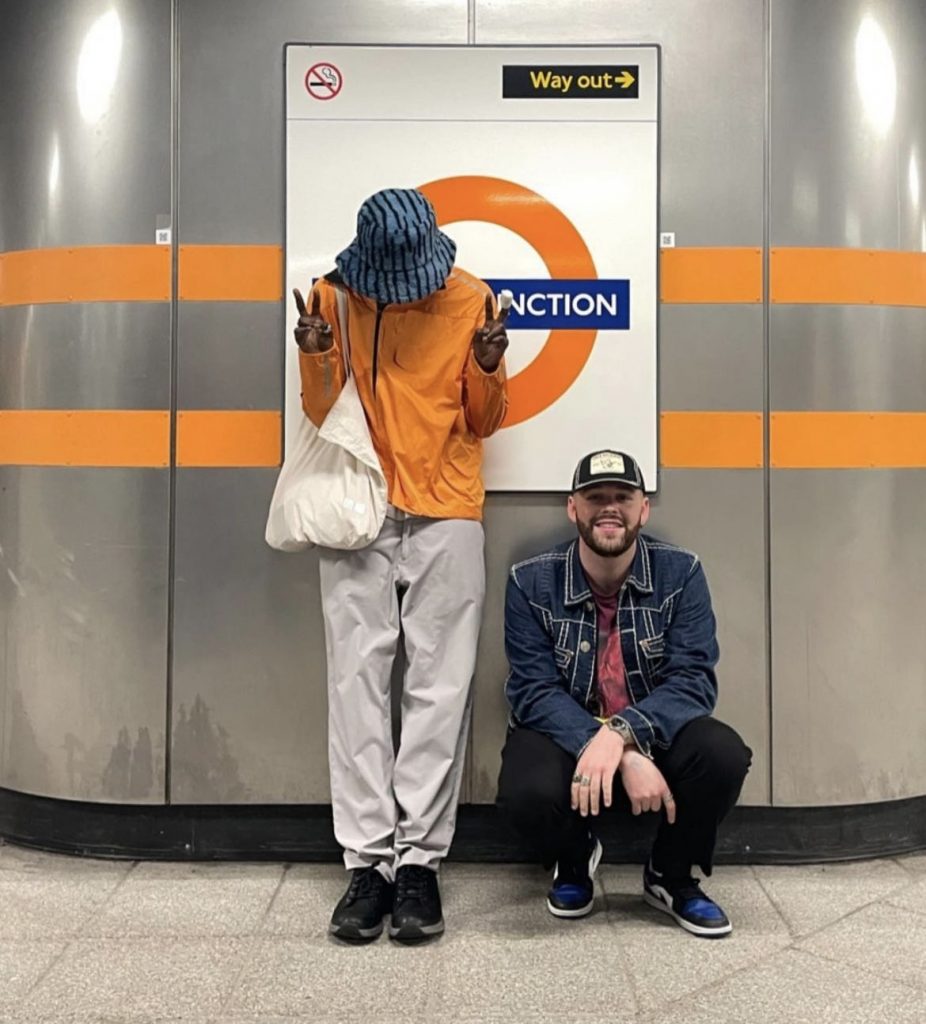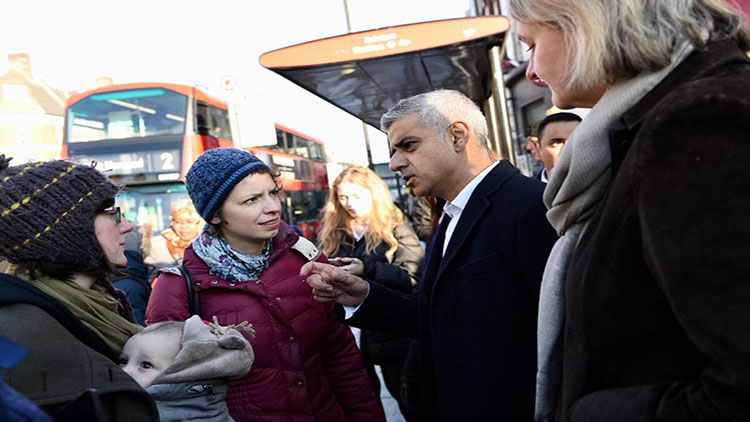The rise of AI-generated music has sparked demonstrations in Brixton where young South London based music artists are performing music with live instruments. As artificial intelligence algorithms become increasingly sophisticated in composing and producing music and gaining viral popularity seemingly overnight, concerns are emerging about the erosion of originality, artistic expression, and the livelihood of musicians.
Earlier this week an AI rendition of a popular Drake song voiced by an AI version of Kanye West flooded the social media timelines. Twitter and TikTok users were quick to repost the song in awe of the eeringly accurate and human sounding voice. While AI music has the potential to revolutionise the creative process by offering new tools and possibilities, artists claim it risks commodifying music, stripping it of its human touch and emotional depth. By relying on data-driven patterns and algorithms, artificial intelligence music lacks the human intuition that musicians bring to their compositions.
Brixton – born artist Rosier says “As a musician and a music fan I believe AI will do more damage than good for both sides of the spectrum. Music is an expression of self and emotions, and artificial intelligence doesn’t have those emotions. Consumers could be lied to by artists with fake music portrayed as authentic, and artists are losing jobs.”.
Rosier along with other underground South London artists were performing their songs with live instruments, a powerful message to the rise of AI as most music today is recorded with and played from computers. Fans of these artists were quick to pull out phones and record the event, many of whom were born in the era of computer engineering and producing thus never experiencing live instrumental music.
For these fans, the use of AI-generated music raises concerns about the homogenisation of the content. As AI algorithms merely analyse user preferences and trends, they prioritise creating formulaic music often sounding predictable and algorithmic. This possibly could lead to a decline in creativity and innovation, limiting the range of choices available to audiences.
Rosier’s friend and co artist Sainte also attended the event and posted a picture of it on his Instagram with the caption #SAVEMUSICFORTHEKIDS
He says “This isn’t bad for just vocalist artists but producers and composers etc are also slowly being erased from the music industry as far as we allow AI music to progress. I don’t see it getting any better I just hope we as humans have to have enough sense to stop at some point and look at the damage we are causing.
While users of AI music argue that it can be a valuable tool for experimental work and collaboration, artists like Rosier believe it is crucial to consider the potential disadvantages. Building a balance between technological advancements and preserving the essence of human creativity remains a key challenge as AI continues grow.
As this debate evolves (along with AI) it is imperative for stakeholders, including artists, industry professionals, and consumers, to engage in these discussions and guide the direction of AI’s role in the music industry before it gets out of hand. By acknowledging the negatives, society can take measures to ensure that AI music compliments and not replaces music and artists in general.

Artists Rosier and Sainte pose for a photo after the event.



